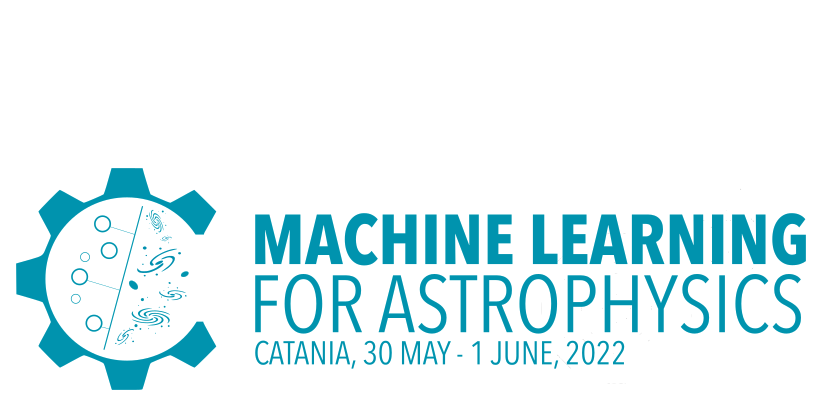Speaker
Description
P-ONE is a planned cubic-kilometer-scale neutrino detector in the Pacific ocean. Similar to the successful IceCube Neutrino Observatory, P-ONE will measure high-energy astrophysical neutrinos to help characterize the nature of astrophysical accelerators. Using existing deep-sea infrastructure provided by Ocean Networks Canada (ONC), P-ONE will instrument the ocean with optical modules - which host PMTs as well as readout electronics - deployed on several vertical cables of about 1km length. While the hardware design of a first prototype cable is currently being finalized, the detector geometry of the final instrument (up to 70 cables) is not yet fixed. Traditionally, the detector geometry would be optimized using a large-scale simulation campaign, which results in detector resolutions only for discrete points in the geometry phase space.
Recently, a new approach for detector optimization is emerging: Using ML-based surrogate models, a differentiable parameterization of the expected detector response is obtained. This model is then used to optimize the detector design with respect to the expected detector resolution and acceptance.
In this talk, I will discuss the prospects and current state of applying an ML-based optimization approach to P-ONE.
| Main Topic | Deep learning |
|---|---|
| Participation mode | In person |

